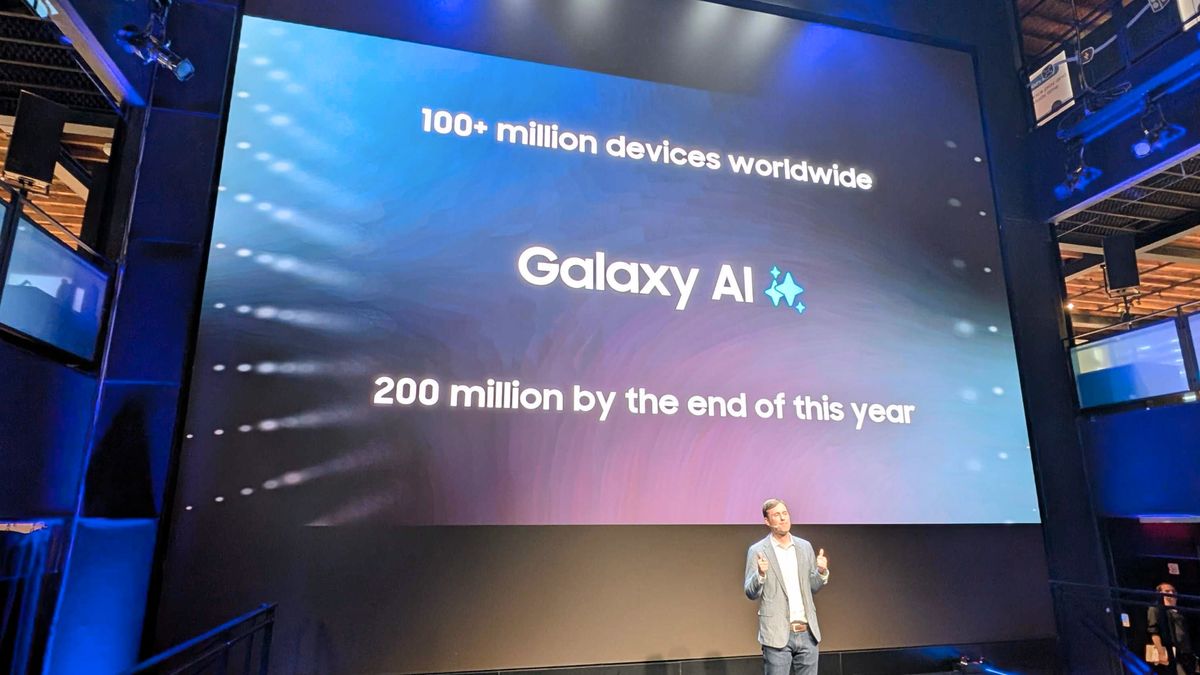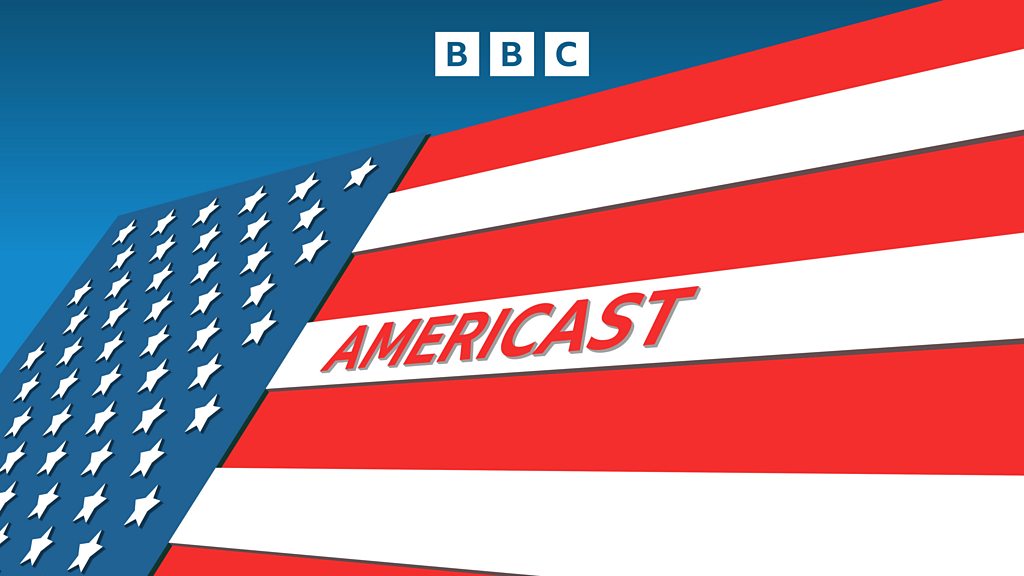Apple has enjoyed a rare App Store antitrust win, as a Chinese court dismissed a lawsuit accusing it of charging excessive commissions.
The iPhone maker is facing an onslaught of antitrust legislation and lawsuits around the world, most notably surrounding the App Store …
App Store antitrust battles
Europe’s Digital Markets Act (DMA) imposed a number of changes on companies who were deemed to be using their market dominance in an anti-competitive manner. Apple was one of the companies affected, with a ruling that its monopoly on the sale of iPhone apps was unlawful.
The company was required to allow third-party app stores to sell iPhone apps, and has so far responded in a manner which has been described as “malicious compliance” and is under investigation for possible non-compliance.
Apple is facing similar legislation in a number of countries around the world, with India and Japan the latest examples. It’s also fighting a DOJ lawsuit in the US, covering much of the same ground – as well as an unhappy judge in the not-quite-over Epic Games case.
But Apple wins in China
Back in 2021, an iPhone owner in China sued Apple, claiming that the company’s high commissions on iOS apps meant consumers ending up paying more than those who have Android phones.
South China Morning Post reports that the court rejected this claim, and dismissed the case.
The Shanghai court said that after comparing commission fees on app stores, it did not find Apple’s to be “significantly higher” than those on Android platforms, and that there is no evidence suggesting that the fees directly led to higher prices for consumers, according to its yet to be published judgment obtained by the SCMP.
However, an appeal is planned
That may not be the end of the matter, however.
In a blog post published on social media platform WeChat, a legal representative for the plaintiff Jin in the Shanghai case wrote that they plan to file an appeal to China’s Supreme People’s Court.
They “firmly believe” that Apple’s practices constitute an abuse of market dominance, and infringe upon Chinese consumers’ rights to choose and engage in fair transactions, Wang Qiongfei, founding partner of Kinding Law Firm, said.
Apple had not responded at the time of writing.
Photo by Road Trip with Raj on Unsplash
FTC: We use income earning auto affiliate links. More.





















Discussion about this post